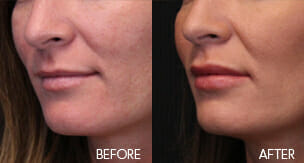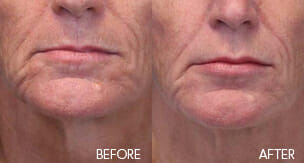1068 E. RIVERSIDE DRIVE, ST. GEORGE, UT 84790 | PHONE: 435-628-6466
HOME | COSMETIC SERVICES | MEDICAL SPA | GALLERY | OTHER SERVICES | CONDITIONS | TESTIMONIALS | ABOUT US | CONTACT | PRIVACY POLICY | SITEMAP | TERMS
*Comments from all success stories and reviews are the expressed opinions of those patients and their experience and do not represent guaranteed results.
All before and after photo results vary and are not guaranteed.
Site powered by Modern Creative with copyrights reserved to Riverside Medical Arts © 2022. Registered at beautify.com.






